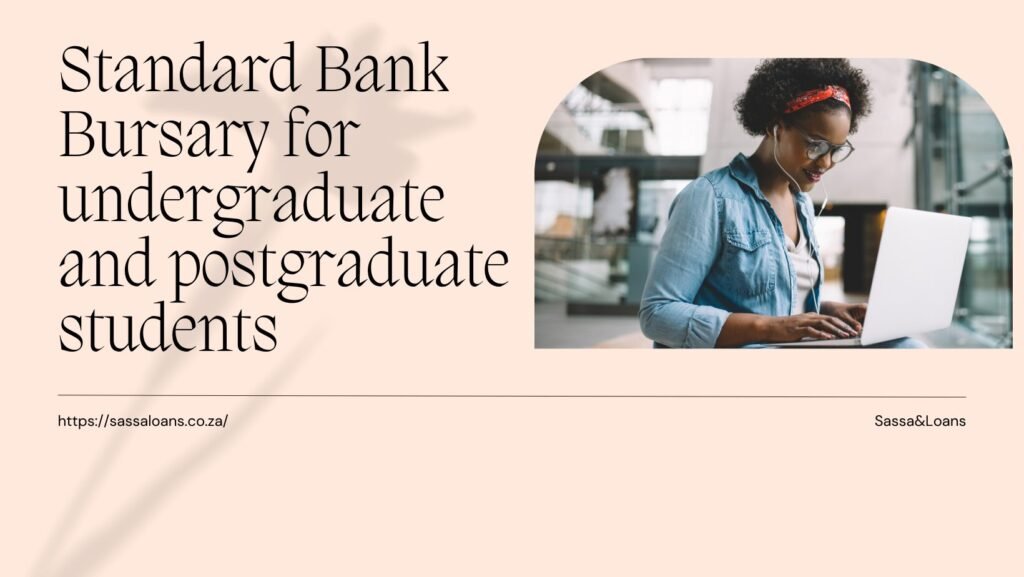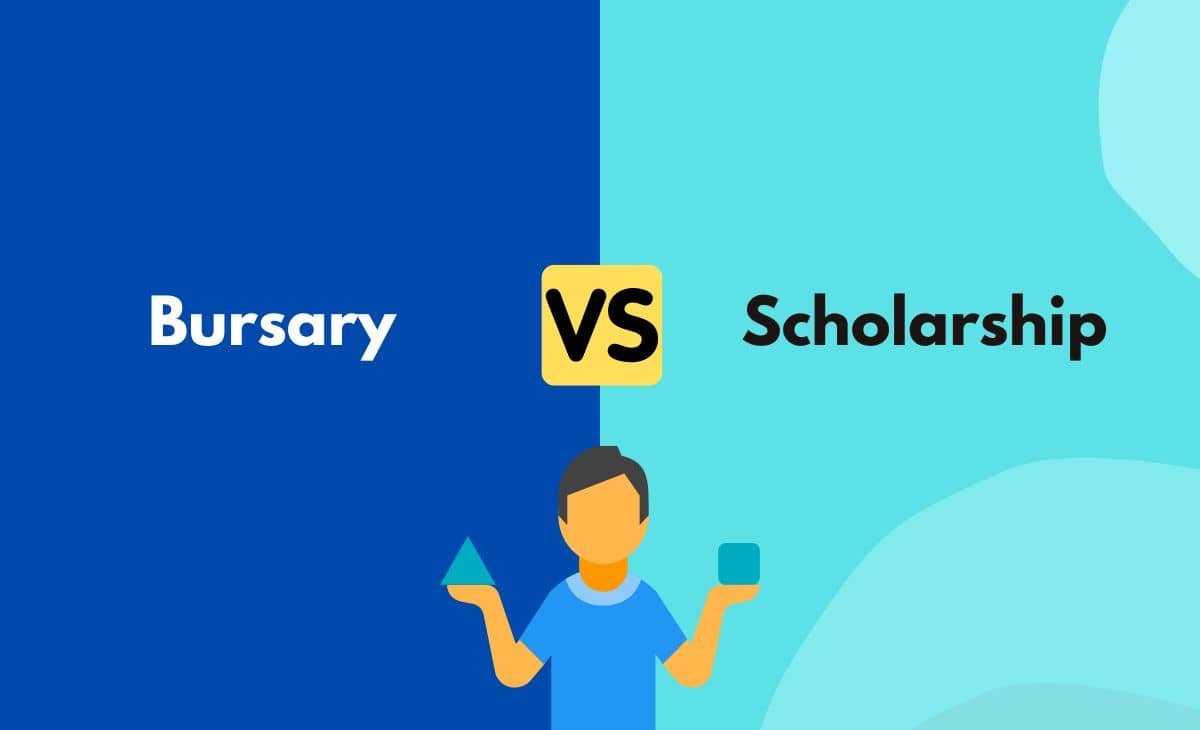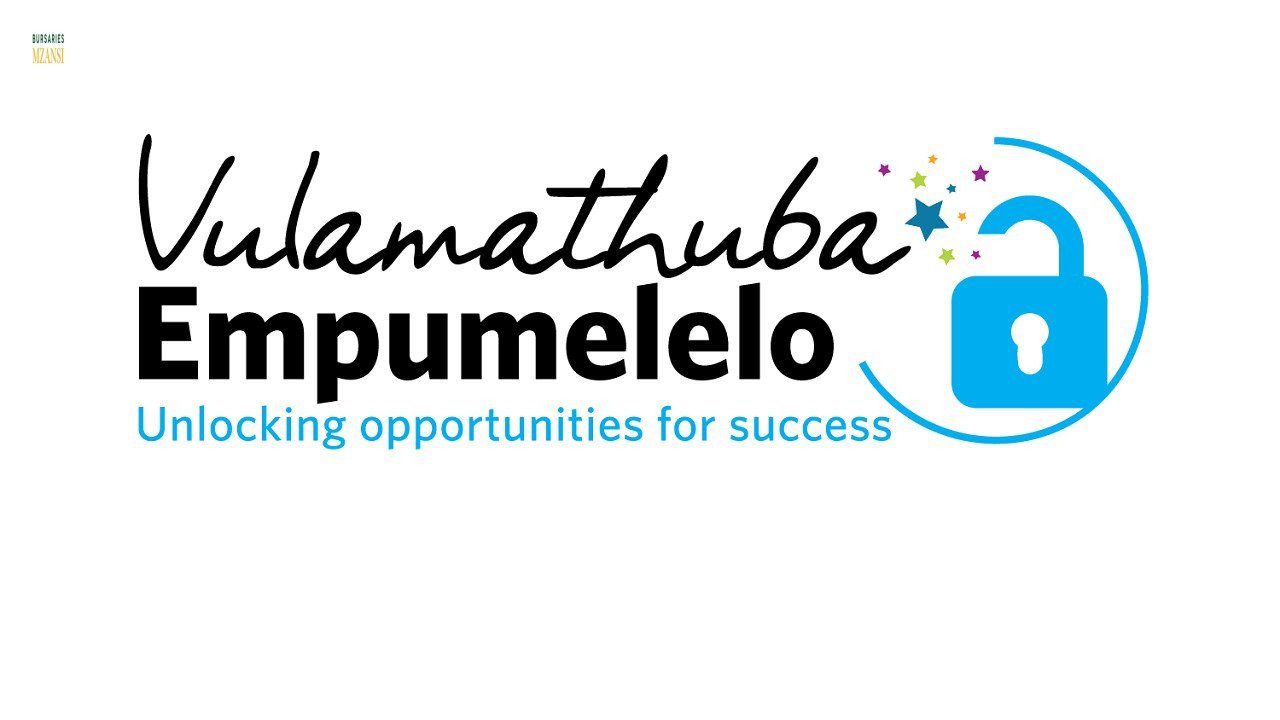If you’re a student in South Africa (or planning to study here) with hopes for 2026, this post is just for you. bursariesmzansi recently announced that university applications for 2026 are open, and there are some important things you need to know — the fees, eligibility, process, deadlines, and some tips to improve your chances. Let’s dig in together.
What bursariesmzansi Says: Application Fee & Income Threshold
First things first: according to bursariesmzansi, the fee to submit your university application is R 300. But there’s good news — if your household income is less than or equal to R150,000 per year, then the application is free for you.
This is a big deal. Application fees can weigh on students who are already juggling finances, so this waiver makes applying more accessible.
Who Qualifies & Eligibility Criteria
While Zabursaries’ announcement gives the fee info and deadline, though, there are some key details you’ll want to double-check:
- The income threshold for a free application is ≤ R150,000/year. If your household income is above that, you’ll need to pay the R300.
- Be sure you meet any academic and documentation requirements the university or faculty demands (matric results, proof of identity, etc.).
- Check if your intended program has additional criteria (some courses like medicine, engineering, law, etc., may require specific subject pass marks, or extra tests).
When Are the Deadlines?
Time’s ticking, so mark those calendars. Unfortunately, bursariesmzansi’ page doesn’t specify exact application closing dates in their announcement.
What you should do:
- Check the specific universities you’re applying to, since each one has its own deadline.
- Keep an eye on the Zabursaries website (or relevant university admissions office websites) for updated timelines.
- Given many bursary & application windows also close around late September in other programs (e.g. StudyTrust’s bursaries) — earlier is safer.
How to Apply: Step by Step
Here’s a general path, based on how things typically work (and what Zabursaries implies):
- Check eligibility — income threshold, academic standing, required documents.
- Choose your universities / courses — define your top choices, make sure their prerequisites align with what you have.
- Prepare documentation — certified ID, proof of income/family status, academic transcripts, matric certificate (or equivalent).
- Visit the Zabursaries page to apply: go to the “University Applications Open for 2026” section.
- Submit your application online — fill in the form, upload documents. If applicable, pay the R300 fee unless you qualify for the fee waiver due to household income.
- Confirm submission — get a confirmation email and check that all attachments are clear/non-expired (documents certification often should be recent).
- Follow up — check any correspondence, and ensure you meet any further requirements (interviews, additional tests, etc.).
Why This Matters
You might be wondering: why are these details so important? A few reasons:
- Missing deadlines or incorrect documentation can kill your chances.
- Application fees, even small ones, can add up — knowing about waivers can save you money.
- Universities often require more than just good grades: knowing how to present your application well (attachments, complete info) increases your chances.
- Public universities are often oversubscribed; getting your application in on time and correctly can make the difference.
Other Bursary & Funding Options
While Zabursaries handles the application side, don’t forget funding. Some bursaries and scholarship bodies with relevance for 2026:
- StudyTrust — administers several bursaries, many closing around 30 September. StudyTrust
- CSIR — offers bursaries in priority areas, but note that their 2026 bursary application window is already closed in some cases. csir.co.za
- IDC External Bursary — for students who meet their eligibility criteria, full-time studies in qualified fields, etc. IDC
- Check with financial aid offices at universities, as they sometimes have internal bursary/scholarship options.
Tips to Make Your Application Stand Out
Because competition is real, here are some tips:
- Ensure all documents are certified and recent (no outdated proofs).
- Proofread your application carefully. Little errors can reflect poorly.
- Include all supporting documents: proof of income, identity, transcripts, etc.
- If the university asks for essays or motivational statements, make them personal and relevant — explain why you want to study the field, what you hope to achieve.
- Apply early. Don’t wait till the deadline; systems can be slow, you might run into unexpected issues.
- Follow up if you don’t get a confirmation. Sometimes things get lost; you want assurance your application was received.
Common Questions
Q: If my household income is slightly above R150,000, can I still get a waiver?
A: Based on the Zabursaries page, the free application is only for ≤ R150,000. If you exceed that, you’ll likely need to pay. But check your specific university or program — sometimes they have additional waivers or allowances.
Q: What if I’m applying to a university program that requires extra screenings (e.g. health sciences, law)?
A: Be sure to check those extra requirements (aptitude tests, interviews, portfolio, etc.). Missing them can disqualify you even if your academic record is strong.
Q: Is there a way to check the status of my application after submission?
A: Usually yes: after submission you’ll receive a confirmation email. If you don’t, contact the admissions office of the university and/or Zabursaries. Keep records of the documents you submitted.
External Resources & Useful Links
Here are reliable external sites that can help you in addition to Zabursaries:
- StudyTrust — helps with bursaries and scholarships in South Africa: StudyTrust Bursary Applications StudyTrust
- IDC (Industrial Development Corporation) — for external bursaries and funding in priority fields. IDC
- CSIR (Council for Scientific and Industrial Research) — especially if you’re in STEM or research-oriented fields. csir.co.za
Final Thoughts
Applying for university is a big step. With “University Applications Open for 2026” via Zabursaries, there’s a clear path, and some relief for students with limited resources. But remember: the difference between a successful application and an unsuccessful one often lies in preparation, attention to detail, and applying early.
If you’re unsure about something whether it’s your eligibility, the correct documents, or which university to pick , talk to your school’s career counsellor, or reach out to the university’s admissions office. Don’t leave anything to chance.














